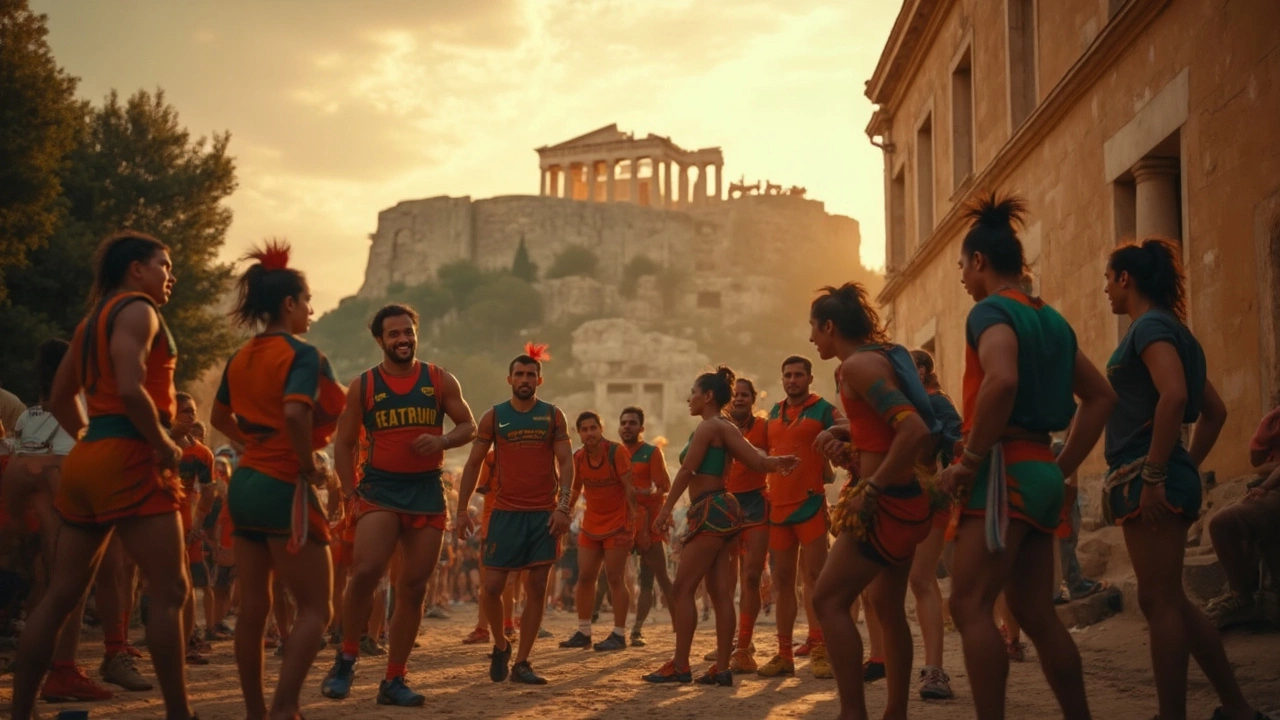Greek Sports Laws – The Essentials for Athletes, Fans, and Organizers
If you’re playing, coaching, or just watching sports in Greece, the legal landscape matters more than you think. From player contracts to betting rules, Greek sports laws shape what’s allowed on the field and off it. This guide breaks down the biggest points you need to follow, so you can stay compliant and avoid nasty surprises.
Core Areas Covered by Greek Sports Legislation
First up, athlete contracts. The Hellenic Ministry of Sports requires every professional deal to be in writing, include a clear salary clause, and state the duration of the contract. Anything vague can be challenged in court, and clubs often face heavy fines for missing paperwork.
Second, anti‑doping rules. Greece follows the World Anti‑Doping Agency (WADA) code, meaning athletes must submit to random testing and report any medication. A positive test leads to a suspension that can last up to four years, plus the loss of any titles won during the period.
Third, sports betting. Since 2011, the Hellenic Gaming Commission regulates all betting on Greek soil. Operators need a license, and bettors must be at least 18. Illegal gambling sites are regularly blocked, and users caught betting on unlicensed platforms face fines.
Finally, facility standards. Whether you run a local gym or a national stadium, the Greek Ministry of Culture and Sports sets minimum safety and accessibility requirements. Regular inspections happen, and failure to meet standards can force a venue to close temporarily.
Recent Changes You Should Watch
In 2023, Greece introduced a new Sports Integrity Act. The law strengthens penalties for match‑fixing, making it a criminal offense with up to five years in prison. Clubs now have a legal duty to monitor suspicious activity and report it immediately.
Another update concerns player transfers. The government capped transfer fees for domestic moves to curb excessive spending. If a club tries to pay more than the set limit, the excess amount can be seized and the transfer nullified.
For fans, the biggest news is the expansion of online streaming rights. New rules require broadcasters to offer a minimum of 30% free‑to‑air content for major events like the Greek Super League. This means you’ll see more matches without a subscription, but it also limits how much a club can charge for exclusive streams.
All these changes aim to create a fairer, more transparent sports environment. Keeping up with them isn’t optional if you want to stay on the right side of the law.
So, what’s the best way to stay informed? Follow the official Hellenic Ministry of Sports website, sign up for their newsletter, and join local sports associations that often share legal updates. When in doubt, consult a sports‑law attorney—most offer a quick, free initial review.
Remember, the law isn’t there to block you; it’s there to keep the playing field level for everyone. By understanding Greek sports laws, you protect your career, your club, and the sport you love.
